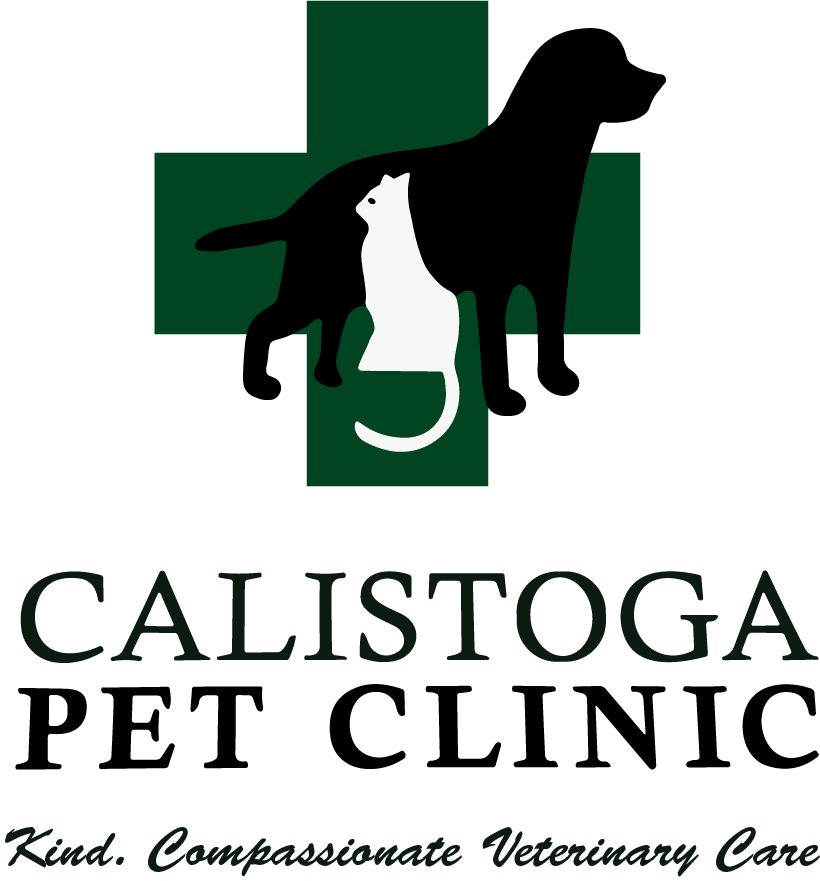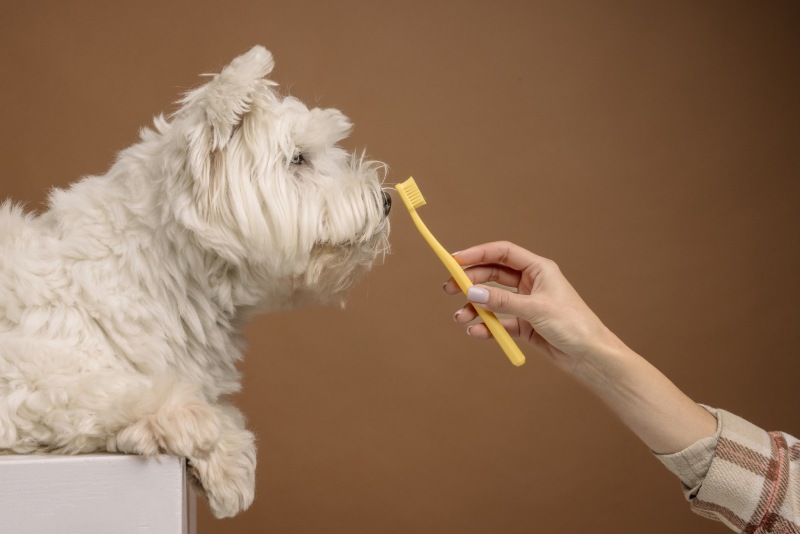Just like humans, our beloved pets rely on healthy mouths to function properly. Beyond the adorable smiles and playful nibbles, their teeth and gums play an essential role in digestion, speech (for our vocal animal companions), and overall well-being. Neglecting their oral hygiene can lead to a cascade of problems, ranging from bad breath and gum disease, which can cause them discomfort and pain, to even more serious systemic health issues.
The Importance of Pet Dental Health
Neglecting oral hygiene in pets can have significant consequences, both locally within the mouth and systemically throughout the body.
Here’s why prioritizing pet dental care is crucial:
- Oral Health Impacts Overall Health: Dental problems like periodontal disease, which involves inflammation and infection of the gums and tissues surrounding the teeth, can lead to pain and discomfort for your pet. Left untreated, the bacteria present in the mouth can enter the bloodstream, potentially affecting vital organs like the heart, kidneys, and liver.
- Pain and Discomfort: Dental issues like tooth decay, loose teeth, and gum inflammation can cause significant pain and discomfort for your pet. This can lead to changes in their eating habits, behavior, and overall well-being.
- Bad Breath: Chronic bad breath is often a telltale sign of underlying dental problems in pets. While occasional bad breath might be normal, persistent halitosis warrants a closer look at your pet’s oral health.
Watch Out for These Signs: Common Dental Issues in Pets
Just like humans, pets are susceptible to various dental problems. Recognizing the early signs of these issues can help you address them promptly and prevent further complications. Here are some common signs to watch out for:
- Bad Breath: As mentioned earlier, persistent bad breath is a red flag for potential dental problems.
- Discolored Teeth: Changes in tooth color, such as yellowing, browning, or blackening, can indicate tooth decay or tartar buildup.
- Loose or Broken Teeth: These can be painful for your pet and require veterinary attention.
- Excessive Drooling: While some breeds naturally drool more than others, excessive drooling can be a sign of dental pain or discomfort.
- Difficulty Eating: If your pet seems hesitant or has difficulty eating, it could be due to dental pain or discomfort.
- Swollen Gums: Red, swollen, or bleeding gums are a clear sign of gum disease and require immediate veterinary attention.
Keeping Your Pet’s Smile Healthy: At-Home Care Tips
While regular professional dental cleanings are essential for maintaining your pet’s oral health, there are several things you can do at home to supplement professional care and promote good dental hygiene:
- Brushing Your Pet’s Teeth: Regularly brushing your pet’s teeth with a pet-specific toothpaste and toothbrush can significantly reduce plaque and tartar buildup. Start by introducing the toothbrush slowly and gradually increase the brushing duration as your pet gets accustomed to the process.
- Dental Chews and Toys: Providing dental chews and toys designed to scrape plaque and tartar can help maintain your pet’s dental health between brushing sessions.
- Regular Professional Dental Cleanings: Schedule regular professional dental cleanings with your veterinarian. These cleanings involve a thorough examination of your pet’s mouth, scaling and polishing to remove tartar and plaque buildup, and dental procedures if necessary.
Additional Tips for Maintaining Your Pet’s Dental Health
Here are some additional tips to consider for keeping your pet’s smile sparkling:
- Diet: Feeding your pet a high-quality diet can contribute to good oral health. Crunchy kibble can help scrape plaque off teeth, while wet food tends to be softer and may not offer the same benefit. Consult your veterinarian for dietary recommendations specific to your pet’s needs.
- Dental Treats and Supplements: There are various dental treats and supplements available that can help maintain your pet’s oral health. Look for products with the Veterinary Oral Health Council (VOHC) seal of approval, which signifies that they have undergone testing and are effective in reducing plaque and tartar buildup.
- Regular Veterinary Checkups: Schedule regular veterinary checkups for your pet, even if they seem healthy. These checkups allow your veterinarian to examine their mouth for any signs of dental problems and provide early intervention if necessary.
- Starting Early: Introducing good oral hygiene habits early in your pet’s life can make them more accustomed to the process and set them up for a lifetime of good dental health.
Remember, consistency is key when it comes to maintaining your pet’s dental health. By incorporating these tips into your pet’s routine, you can help them maintain a healthy, happy smile for years to come.
Prioritizing Your Pet’s Dental Health in Calistoga, Berkeley, and Beyond
Maintaining your pet’s dental health is an essential part of responsible pet ownership, not just in Calistoga, but throughout St. Helena, Napa, Santa Rosa, Middletown, and the surrounding areas. By incorporating the tips and strategies outlined above into your pet’s routine, you can ensure a sparkling smile, optimal oral health, and contribute to their overall well-being. Remember, early intervention and preventive care are key to avoiding more serious dental problems down the line.
At Calistoga Pet Clinic, we are dedicated to providing comprehensive pet dental care services, including professional cleanings, dental examinations, and treatment for various dental conditions. Schedule an appointment with our experienced veterinarians today to discuss personalized dental care recommendations for your furry friend and ensure they maintain a healthy, happy smile for years to come.

